Yes, 70°C is safe for a GPU because most GPUs can manage temperatures up to 85°C or more during intense use. The GPU running at 70°C during gaming or intensive tasks is normal and shouldn’t cause harm.
In this article, we will delve into GPU temperatures, uncovering the details behind thermal limits and explaining the factors that affect GPU performance and longevity.
Grasping GPU Temperature
Understanding GPU temperature is important to keep your computer running well. A GPUs temperature shows how hot it gets when working. Safe levels are usually below 85°C. Managing heat helps your GPU work better and last longer, so checking and controlling the temperature is key.
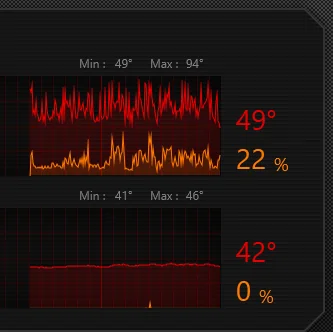
The Ideal Temperature Reach
The ideal temperature for a GPU is usually between 60°C and 70°C during regular use. This range keeps the GPU running smoothly and safely. If it often gets hotter than 85°C, it may cause issues.
Read Also: How To Tell If A GPU Is Dead – Monitor Performance 2024!
Impacts of Temperature on GPU Execution
A GPU temperature can impact its performance. Here’s how heat affects how well a GPU works:
Warm Choking:
This is also called thermal throttling, which happens when a GPU gets too hot. To protect itself, the GPU slows down, lowering performance to reduce heat. This helps prevent damage but can cause games or tasks to run slower. Keeping the GPU cool avoids this problem.
Decreased Lift Timekeepers:
Decreased lifespan refers to how high temperatures can shorten a GPU’s life. When a GPU runs too hot for long periods, it can wear out faster. To extend its life, keep the GPU cool and well-ventilated. This helps avoid overheating and keeps the GPU working longer.
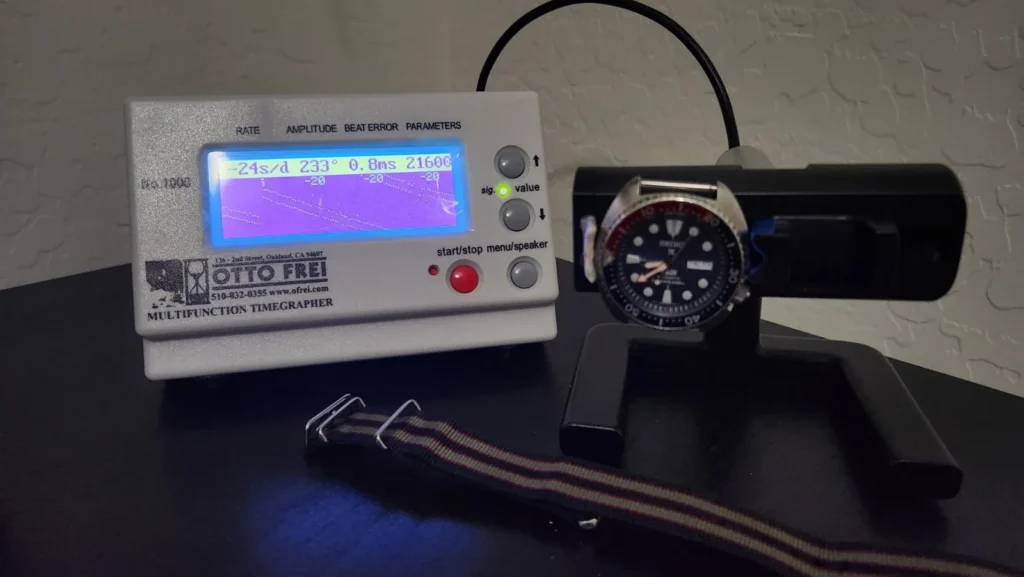
Soundness Issues:
These refer to problems that affect a GPU’s health and performance. Overheating or poor cooling can lead to these problems, causing the GPU to work less efficiently or even fail. To avoid soundness issues, ensure good cooling and monitor the GPU temperature regularly.
Expanded Fan Commotion:
It means a GPU fan becomes louder as it works harder to cool the system. This typically occurs when the GPU becomes excessively hot. A noisy fan can be a sign of overheating. Keeping the GPU cool helps reduce fan noise and keeps the system running smoothly.
Read Also: What GPU Does Steam Deck Have – Briefly Explained In 2024!
Shortened Lifespan:
A GPU will last less time if it gets too hot often. High temperatures can damage the GPU over time, causing it to fail sooner. To extend its life, keep the GPU cool with proper ventilation and regular maintenance.
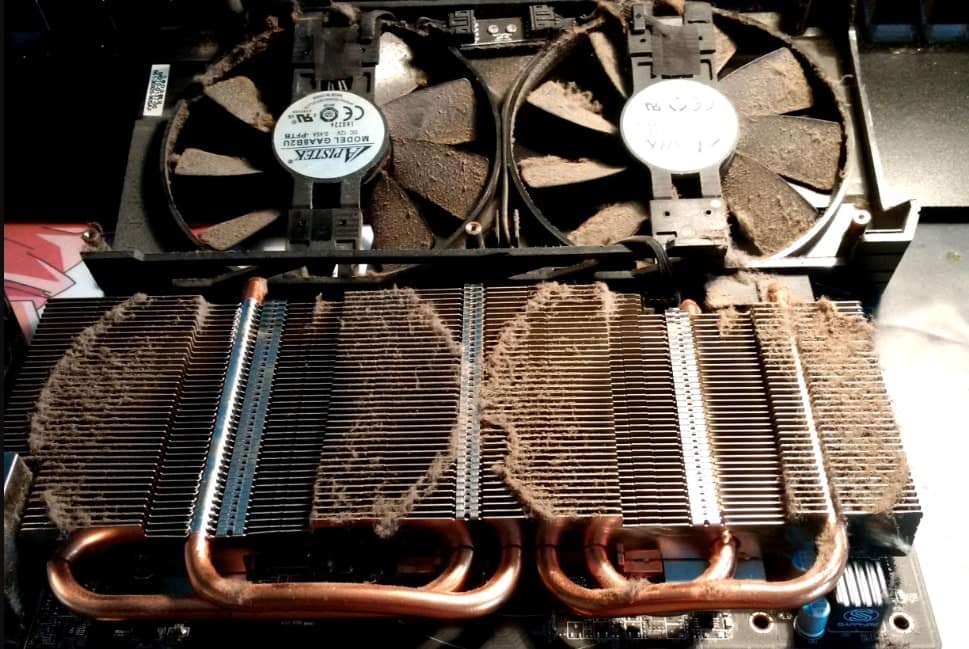
Factors Impacting GPU Temperature
Several factors affect GPU temperature, and knowing these is crucial for maintaining optimal thermal performance.
Cooling Arrangements:
These systems are designed to keep a GPU cool. They include fans, heatsinks, and sometimes liquid cooling. Good cooling helps prevent the GPU from getting too hot, which can improve performance and extend its lifespan.
Surrounding Temperature:
This is the temperature of the room where your computer is. A higher room temperature can make the GPU run hotter. To keep the GPU cool, ensure the room is well-ventilated and not too warm. A cooler room improves GPU performance and extends its lifespan.
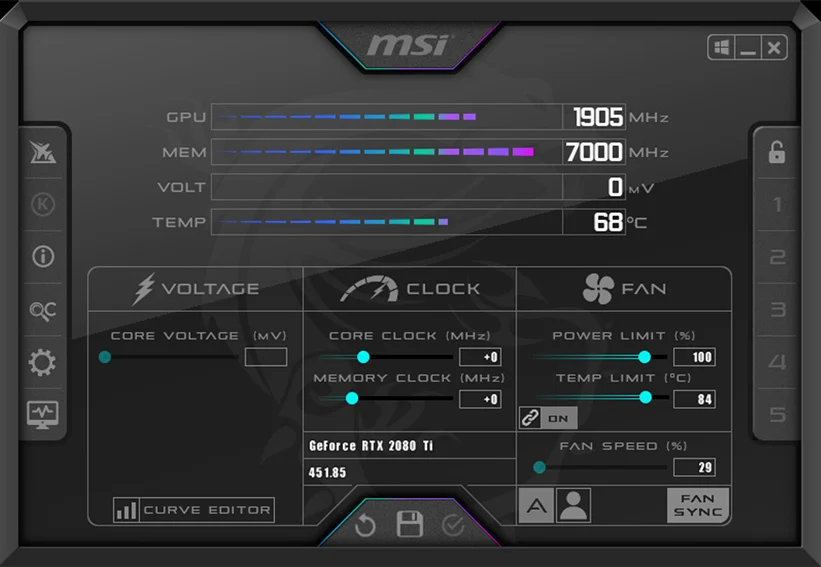
Case Wind stream:
Case airflow is how air moves through your computer case. Good airflow helps keep the GPU and other parts cool by moving hot air out and fresh air in. Proper airflow reduces overheating, improves performance, and helps extend the life of your GPU.
Read Also: Is 70 Degrees Celsius Hot For a GPU – Complete Guidance 2024!
Overclocking:
Your GPU runs faster than its normal speed. This can improve performance but also make the GPU hotter. To prevent overheating, ensure effective cooling and keep a close watch on temperatures. Overclocking can boost speed but may reduce the GPU’s lifespan if not managed carefully.
Is 70°C Safe for Your GPU?
Yes, 70°C is generally safe for your GPU. It’s a typical temperature during intense tasks like gaming. GPUs can handle temperatures of 85°C or more. Running at 70°C is fine as long as your cooling system is effective.
Why 70°C is Considered Safe?
70°C is regarded as safe for a GPU since it falls within the typical operating range. Most GPUs can tolerate temperatures up to 85°C or more. Running at 70°C means the GPU is working efficiently without risking damage, as long as the cooling system is good.
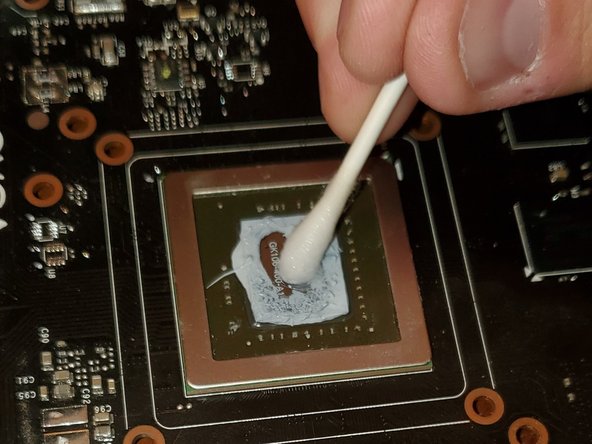
Checking GPU Temperature
To check your GPU temperature, use software tools. These programs show the current temperature of your GPU. Regularly monitoring the temperature helps ensure it stays within safe limits and prevents overheating, keeping your GPU running smoothly and lasting longer.
Frequently Asked Questions:
1. For what reason is GPU temperature significant?
GPU temperature is important because it affects performance and lifespan. If the GPU gets too hot, it can slow down or even damage itself. Keeping an eye on the temperature helps ensure the GPU runs well and lasts longer by avoiding overheating issues.
2. What temperature range is viewed as safe for GPUs?
A safe temperature range for GPUs is between 60°C and 70°C during normal use. Most GPUs can endure temperatures of 85°C or more. Staying within this range helps the GPU perform well and prevents overheating.
3. How might I screen my GPU temperature?
These programs show the current temperature of your GPU on your screen. Regularly checking the temperature helps ensure it stays within safe limits and prevents overheating.
4. Is 70 too much for GPU?
No, 70°C is not excessive for a GPU. It is a typical temperature during intense tasks, such as gaming. Most GPUs can safely run at temperatures up to 85°C. As long as your cooling system is working well, 70°C is within a safe range.
5. How would it be advisable for me to respond assuming my GPU temperature surpasses 70°C?
If your GPU temperature exceeds 70°C, inspect your cooling system. Ensure fans are working and are clear. Consider adding extra cooling or cleaning the inside of your computer. Regularly monitor the temperature to prevent overheating and maintain good performance.
Conclusion:
In conclusion, 70°C is generally seen as a safe temperature for most graphics cards. However, it’s important to note that each GPU may have different temperature limits, and environmental factors can affect thermal performance.